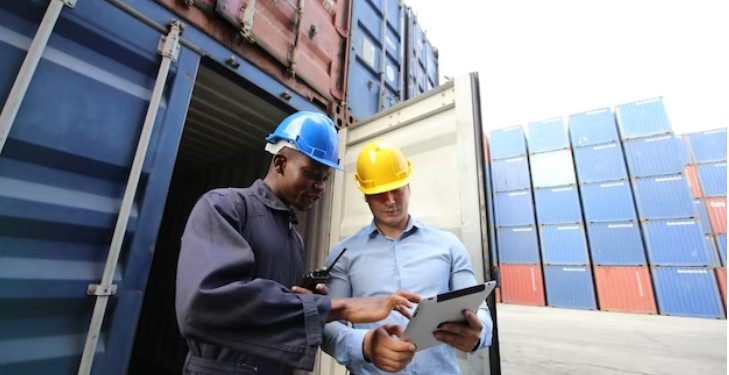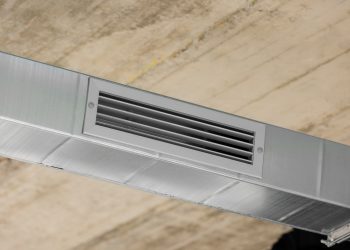In the bustling ports and along the thriving coastal regions, shipping containers are a common sight. As the need for shipping containers grows, especially in areas like Florida with its significant port activities, businesses and individuals are often faced with a crucial decision: to own or to lease? Both approaches to acquiring Florida shipping containers come with their benefits and drawbacks, and the choice largely depends on the specific needs and circumstances of the user. This article delves into a comparative analysis of owning vs. leasing shipping containers in Florida, providing insights that may guide this vital decision.
Owning Florida Shipping Containers
Benefits of Owning
Long-Term Cost Savings
Buying a shipping container may involve higher upfront costs, but over the long term, ownership usually leads to savings, especially if the container is used frequently or for extended periods.
Complete Control
Ownership allows for complete customization and control over the container, without the restrictions that might come with a lease agreement.
Potential Resale Value
If maintained properly, Florida shipping containers can have significant resale value, providing an additional financial benefit to ownership.
Drawbacks of Owning
Upfront Costs
The initial cost of purchasing a shipping container can be substantial, particularly for new or specialized units.
Maintenance Responsibilities
Ownership comes with the responsibility of maintaining the container, including repairs and regular upkeep.
Storage
If not in constant use, the container must be stored, and this can present additional costs and logistical challenges.
Leasing Florida Shipping Containers
Benefits of Leasing
Lower Initial Investment
Leasing offers an attractive option for those needing a shipping container for a short period or who have limited capital for an upfront purchase.
Flexibility
Leasing allows for greater flexibility, as the container can be returned at the end of the lease term, and different sizes or types of containers can be leased as needs change.
Maintenance Included
Most leasing agreements include maintenance and repair, relieving the lessee of these responsibilities.
Drawbacks of Leasing
Ongoing Costs
Leasing means ongoing monthly payments, which can add up to more than the cost of purchasing over time, particularly for long-term use.
Limited Customization
Depending on the lease agreement, customization and modifications might be limited or restricted.
No Equity
Leasing does not build equity, and there is no return on investment at the end of the lease term.
Owning vs. Leasing: Making the Right Choice
The decision to own or lease Florida shipping containers will depend on several factors, including:
Budget and Financing: Assessing available capital and financing options.
Usage: Determining the frequency and duration of container use.
Customization Needs: Evaluating the need for specific modifications or customizations.
Future Plans: Considering long-term business or personal strategies.
Conclusion
Owning and leasing Florida shipping containers present unique advantages and challenges. Ownership may be best suited for those looking for long-term cost savings and complete control, while leasing offers a flexible and lower initial investment solution.
Understanding the particular needs, budget constraints, and long-term goals is vital in making this significant decision. Florida shipping containers, with their multifunctional applications, continue to be an essential asset, and choosing between owning and leasing is a fundamental step in leveraging their potential. Whatever the choice, shipping containers are undoubtedly a cornerstone of modern logistics, real estate innovation, and global trade in the Sunshine State.















